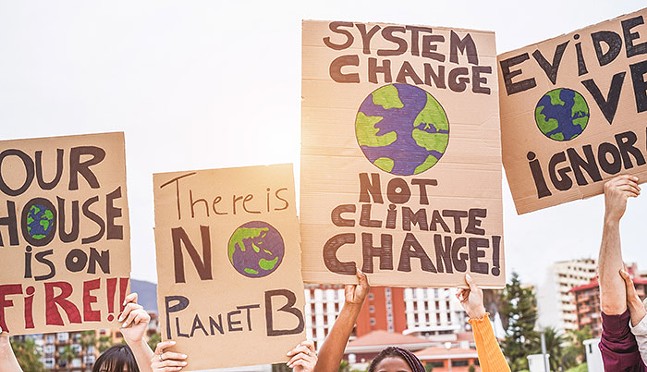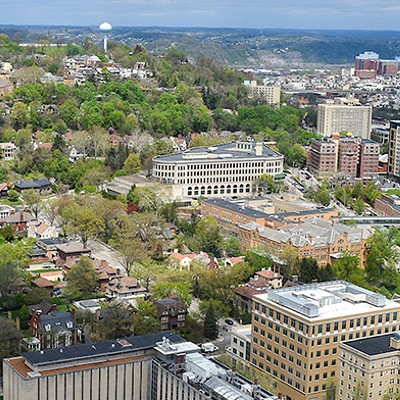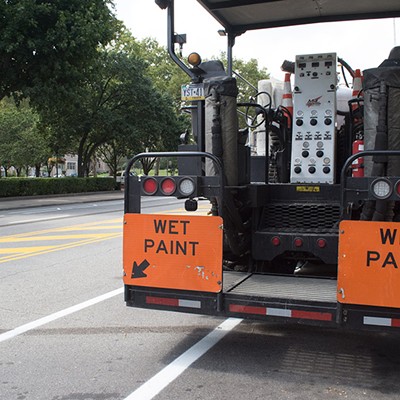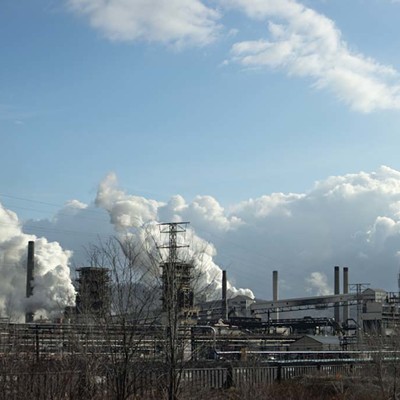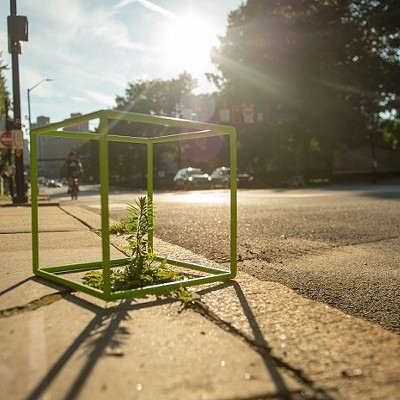Two local municipalities, Carnegie and Swissvale, were part of 121 municipalities throughout Pennsylvania that participated in the Pa. Department of Environmental Protection’s 2021-2022 program, and Swissvale Borough Council member Shawn Alfonso-Wells sings its praises.
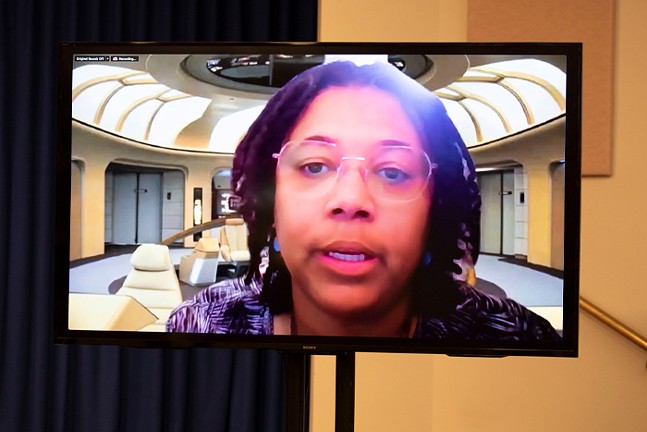
The Local Climate Action program was initially started by the Pa. Department of Environmental Protection in 2019 and has since provided training to 53 entities, representing 380 municipalities.
The program pairs municipalities with college students and ICLEI, a national nonprofit that is meant to foster sustainable development. Together they perform inventories of greenhouse emissions from transportation, waste management, local buildings, and more.
Alfonso-Wells, in an interview with Pittsburgh City Paper, emphasizes the importance of the program so they can hold themselves accountable in the future.
“It gives us this baseline, I can't even emphasize how important that is that we now have a baseline, where we actually asked and looked and got data on, these are the emissions we have right now,” says Alfonso-Wells. “So in another two years, next six months, you know, five years, we can look and we can say, oh, emissions have gone up, or they've gone down.”
The Department of Environmental Protection provides a template that groups can use to create local climate action plans to lower emissions and become more resilient to the impacts of climate change. The training also includes identifying climate-related vulnerabilities, such as “flooding from extreme rainfall and public health impacts from extreme heat, and disproportionate impacts on residents who live in environmental justice areas,” according to the press release.
Alfonso-Wells adds how simple the program was to follow and that she hopes the rest of Pittsburgh begins to participate in the training.
“You can tailor it to your specific needs and that's what's important, right,” she says. “You know, there's no excuse for not doing it because it's already prepackaged, you get somebody that comes there and helps you out.”
The Department of Environmental Protection is currently accepting applications for the fourth year of the Local Climate Action program and communities have until June 30 to express their interest. To apply or receive more information, contact Christopher Nafe at [email protected] or call 717-783-9722.

